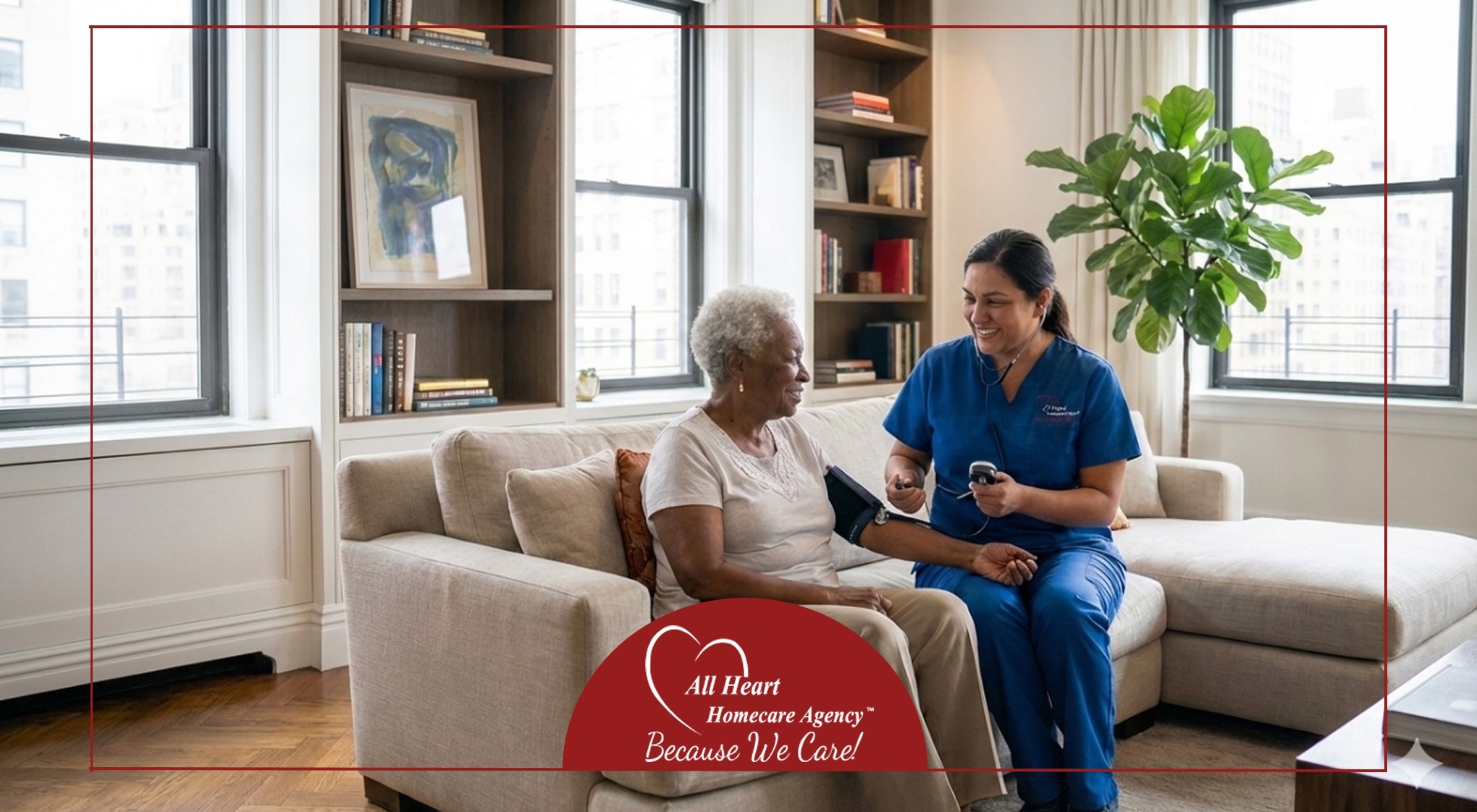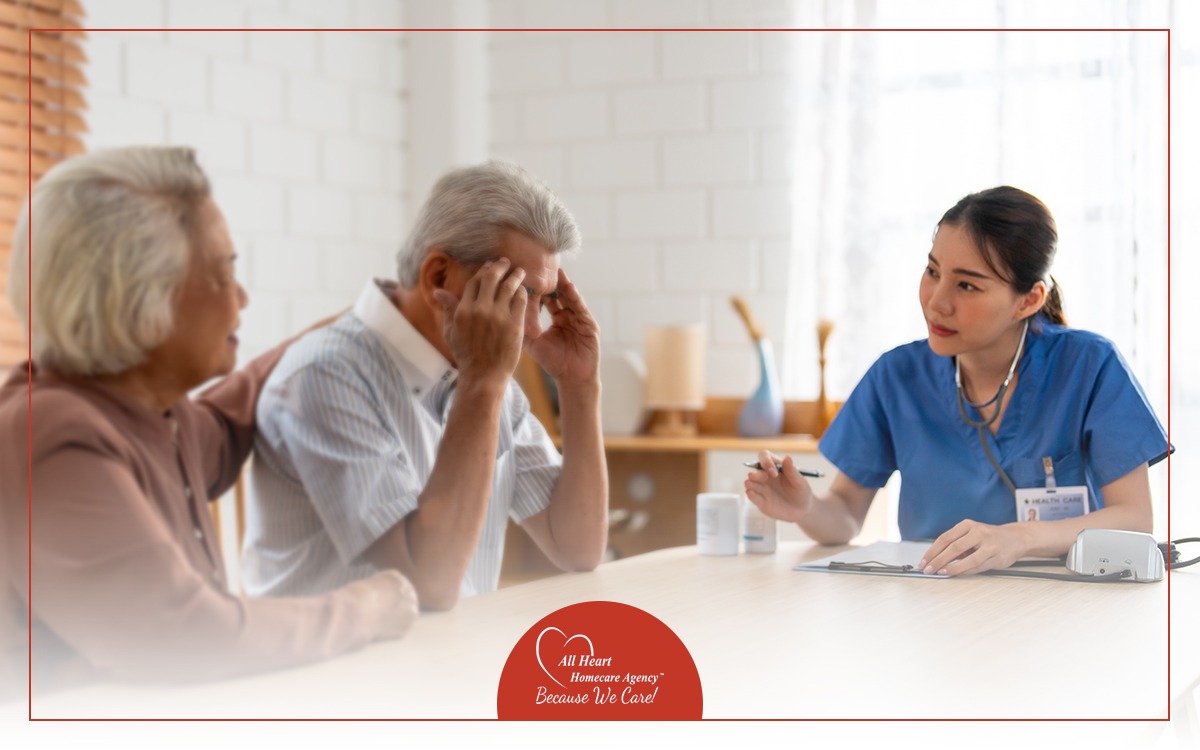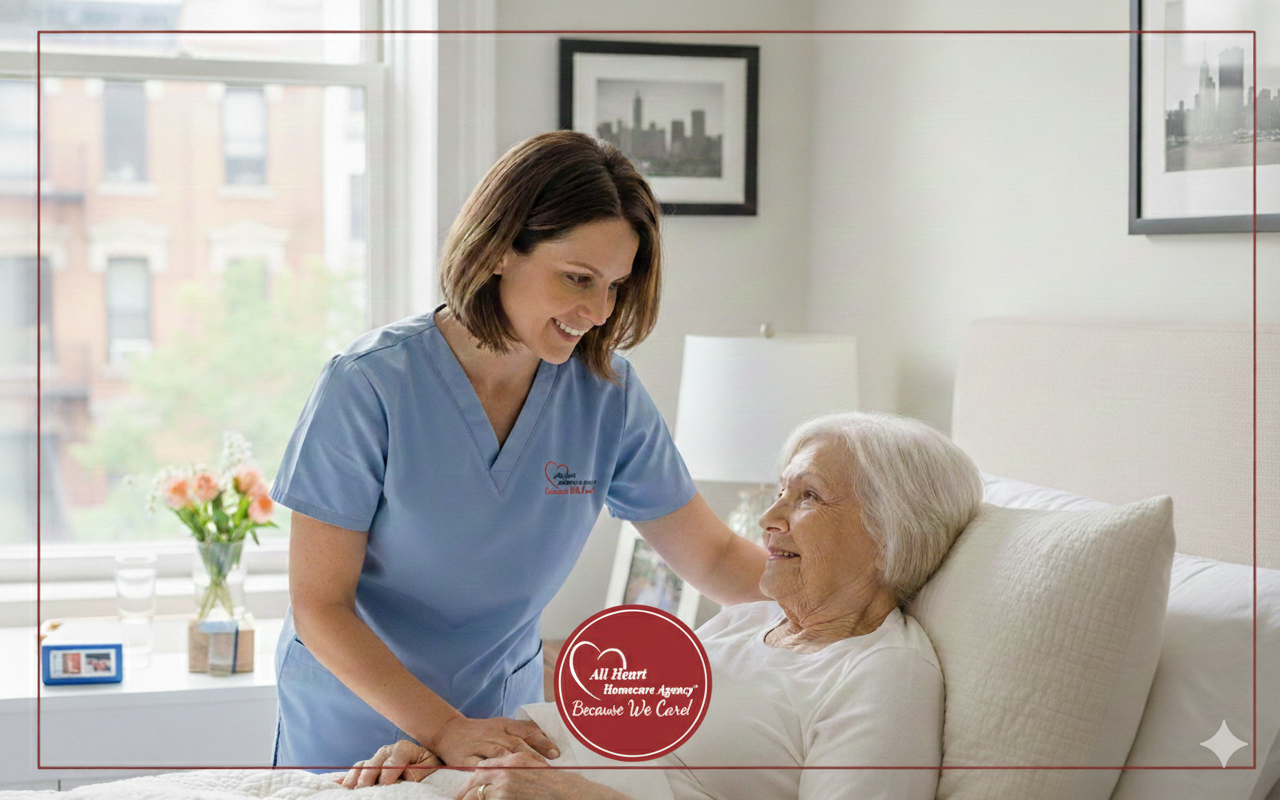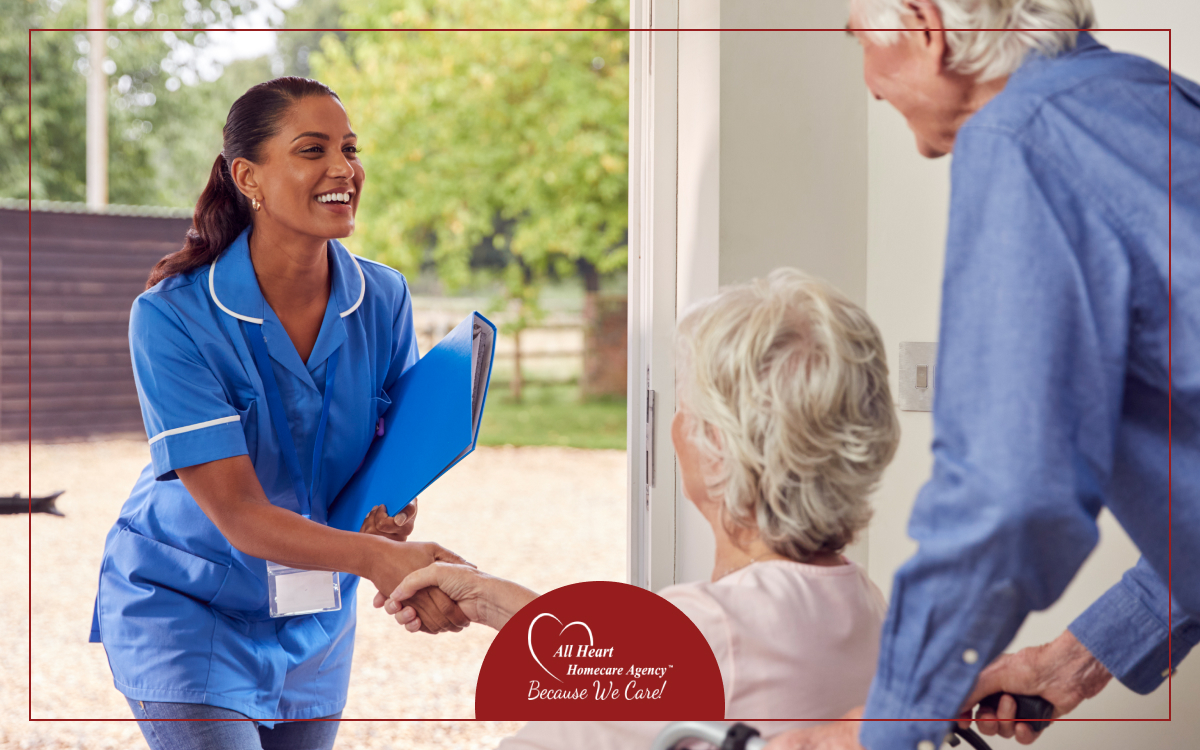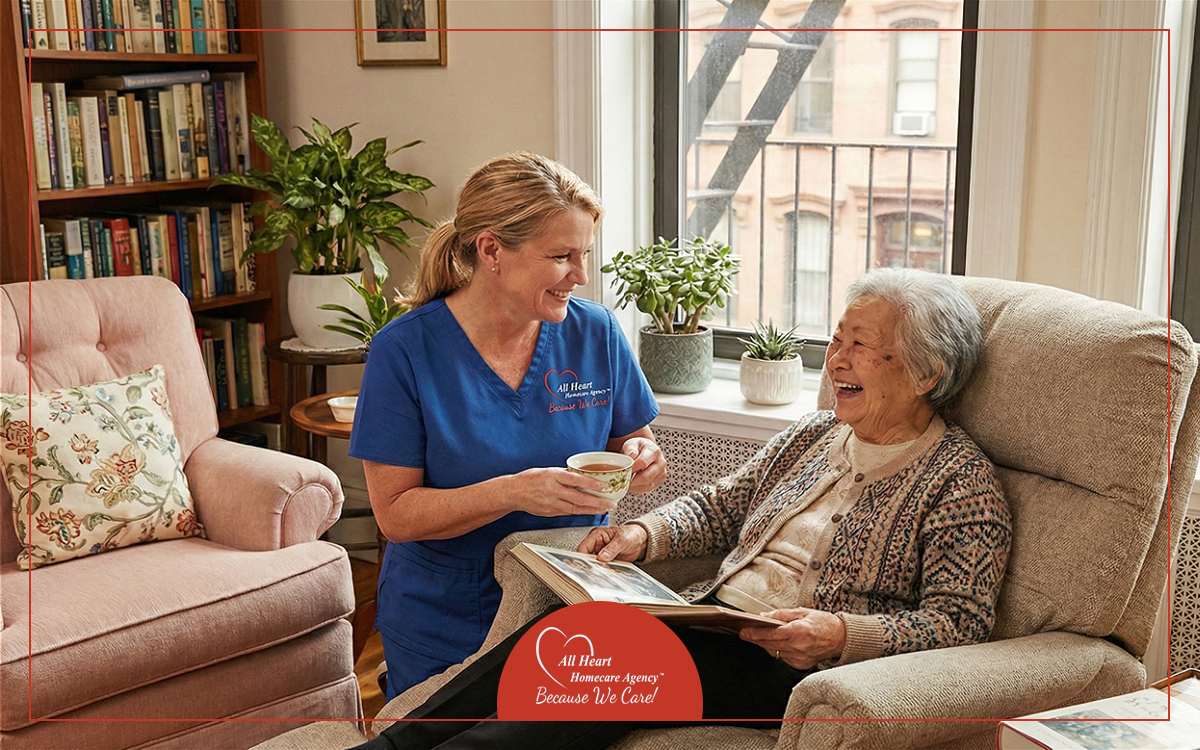Nutrition plays a pivotal role in maintaining overall health and well-being, particularly for seniors. As individuals age, their dietary needs may change, and they may face physical or cognitive challenges that hinder their ability to prepare or consume nutritious meals. Poor nutrition can exacerbate existing health conditions, weaken the immune system, and increase the risk of malnutrition and other serious illnesses. Therefore, it’s crucial for caregivers and family members to prioritize good nutrition for their senior loved ones to promote longevity and quality of life.
7 Ways You Can Make Eating Easier for Older People:
1. Meal Planning and Preparation Assistance:
- Seniors may benefit from assistance with meal planning and preparation to ensure they receive nutritious meals without feeling overwhelmed. Caregivers can offer support by organizing grocery shopping trips, helping with cooking tasks, and exploring convenient meal delivery options to alleviate the stress of meal preparation.
2. Optimize Nutrient-Dense Foods:
- Encourage seniors to incorporate nutrient-dense foods into their diet, such as colorful fruits, vegetables, lean proteins, and whole grains. These foods provide essential vitamins and minerals necessary for overall health and well-being, supporting seniors in maintaining their vitality.
3. Create a Conducive Dining Environment:
- About 28% of women and 22% of men 65 years of age and older suffer from depression. Appetite loss is frequently linked to depression and loneliness. A caregiver is a person who can always keep a senior company, encouraging them to have meals together. Establishing a pleasant and comfortable dining environment can enhance the eating experience for older individuals. Caregivers ensure the lighting, comfortable seating, and minimal distractions promoting enjoyment during meals.
4. Adapt Meal Presentation and Texture:
- Seniors with specific dietary needs or challenges may benefit from modified meal presentations and textures. Caregivers can adjust the texture of foods to make them easier to chew and swallow, such as pureeing or chopping, while also considering individual preferences and dietary restrictions to ensure meals remain appetizing and satisfying.
5. Encourage Hydration and Snacking:
- Adequate hydration is essential for seniors to maintain optimal health and well-being. Caregivers can encourage seniors to drink water regularly throughout the day and offer hydrating snacks like fruits, vegetables, or yogurt between meals to prevent dehydration and maintain energy levels.
6. Provide Adaptive Utensils and Dining Aids:
- Seniors with limited mobility may struggle with conventional utensils and dining aids. Consider providing adaptive utensils such as weighted utensils, easy-grip handles, or specialized plates and bowls with non-slip bases to facilitate independent eating. These aids can help seniors maintain their dignity and autonomy during meals while reducing frustration and promoting confidence.
7. Offer Frequent, Small Meals Throughout the Day:
- Some older individuals may find it challenging to consume large meals due to decreased appetite or digestive issues. Instead of traditional three large meals, consider offering smaller, more frequent meals throughout the day. This approach can help prevent feelings of fullness or discomfort while ensuring seniors receive adequate nutrition and energy to sustain their daily activities.
- Also, learn more about Top 5 Foods to Help Prevent Memory Loss
In conclusion, ensuring good nutrition for seniors is paramount for their overall health and well-being. By implementing these 7 strategies, caregivers and family members can make eating easier and more enjoyable for older individuals, supporting their nutritional needs and enhancing their quality of life. If you or your loved ones require assistance with daily activities or caregiving services, don’t hesitate to reach out to All Heart Homecare.
Our team of dedicated professionals is here to provide personalized care and support to ensure the well-being of your senior family members.
Call us at 718-795-2742.


